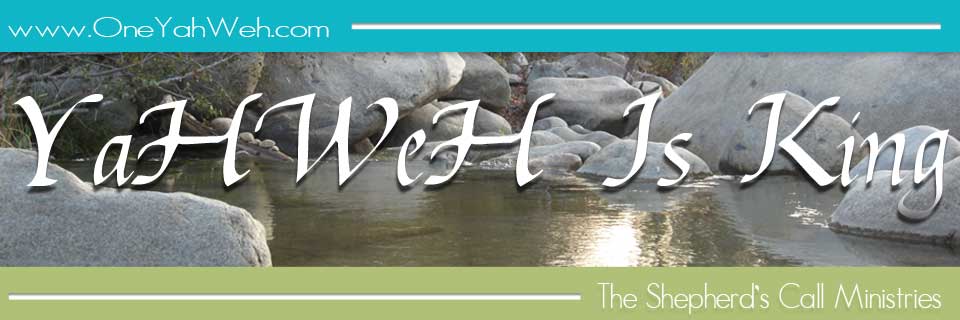Created by pastorbuddy on 3/11/2009
good stuff
|
|
THE WRATH OF
THE AWAKENED SAXON
It was not part of their blood
It came to them very late
With long arrears to make good,
When the SAXONS began to hate,
They were not easily moved,
They were icy-willing to wait
Till every count should be proved
Ere the SAXONS began to hate.
Their voices were even and low,
Their eyes were level and straight,
There was neither sign nor show,
When the SAXONS began to hate.
It was not preached to the crowd
It was not taught by the State,
No man spoke it aloud,
When the SAXONS began to hate.
It was not suddenly bred,
It will not swiftly abate
Through the chilled years ahead
When Time shall count from the date
That the SAXONS began to hate.
— by Rudyard Kipling



 s, video, widgets, etc…
s, video, widgets, etc… es, video, widgets, etc…
es, video, widgets, etc… ages, video, widgets, etc…
ages, video, widgets, etc…


 Nearly everyone can agree that the Bible may be the single most important and influential book ever written. Nearly every home has a Bible and millions of people read their Bible daily seeking inspiration and hope. However, very few people ever question the accuracy of their Bibles.
Nearly everyone can agree that the Bible may be the single most important and influential book ever written. Nearly every home has a Bible and millions of people read their Bible daily seeking inspiration and hope. However, very few people ever question the accuracy of their Bibles. “Mostly used for business transactions, these humble documents are a mine of historic information. At Arad, excavated by Yohanan Aharoni, reference is made to a
“Mostly used for business transactions, these humble documents are a mine of historic information. At Arad, excavated by Yohanan Aharoni, reference is made to a  The second of these finds was
The second of these finds was 
 The personal Name of the Creator is written in the Hebrew scriptures with the four consonants YHWH, and is referred to as the Tetragrammaton. At least until the destruction of the First Temple in 586 b.c.e.,
The personal Name of the Creator is written in the Hebrew scriptures with the four consonants YHWH, and is referred to as the Tetragrammaton. At least until the destruction of the First Temple in 586 b.c.e.,  The Name of Yahweh Engraved on an Ivory Pomegranate Decoration
The Name of Yahweh Engraved on an Ivory Pomegranate Decoration Three-shekel receipt provides evidence of King Solomon’s Temple
Three-shekel receipt provides evidence of King Solomon’s Temple Yahweh’s Name In The Dead Sea Scrolls
Yahweh’s Name In The Dead Sea Scrolls This example is an ancient fragment of the Septuagint dated between 50 b.c.e. and 50 c.e.(a.d.). If this dating is correct, it would have been written near the time of the
This example is an ancient fragment of the Septuagint dated between 50 b.c.e. and 50 c.e.(a.d.). If this dating is correct, it would have been written near the time of the Notice that ‘Yahweh’ is written in the ancient Hebrew (Paleo-Hebrew) script. This example is an ancient fragment of the Septuagint dating to the First Century c.e. (a.d.). This fragment contains parts of Job Chapter 42.
Notice that ‘Yahweh’ is written in the ancient Hebrew (Paleo-Hebrew) script. This example is an ancient fragment of the Septuagint dating to the First Century c.e. (a.d.). This fragment contains parts of Job Chapter 42. Proverbs 30:4—
Proverbs 30:4— Read the Bible as though for the first time
Read the Bible as though for the first time 